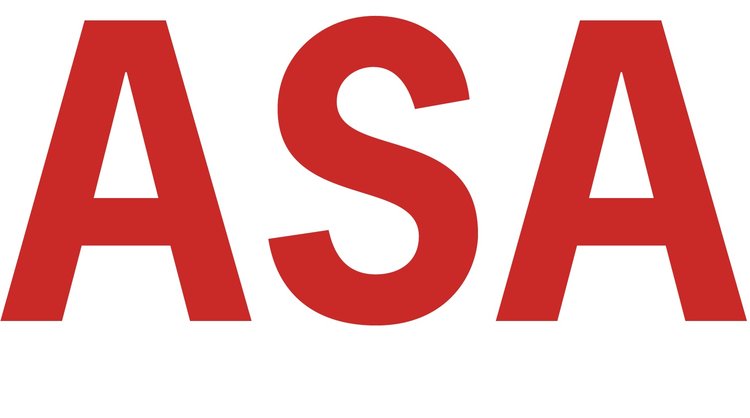This past week saw the first stage of a Gaza Agreement agreed to by both Israel and Hamas (cease fire, hostage release, and prisoner exchange, as well as Israel moving back a border it occupies), and action should be realized this next week. Coincidentally, it was also the beginning of announcements of the 2025 Nobel prizes, perhaps the most highly prized global awards bestowed annually.
“The Nobel Peace Prize was established by Alfred Nobel, a Swedish scientist and entrepreneur most famous for his invention of dynamite. In his will, Nobel dedicated his fortune to establishing the five awards highlighting the greatest contributions to humanity in the fields of physics, chemistry, physiology or medicine, literature and for work in peace.” Despite intense pressure from Trump cabinet members and others, the five-member committee awarded the 2025 peace prize to Venezuelan opposition leader María Corina Machado, describing her as an “extraordinary example of civilian courage” in the face of a brutal and authoritarian state.
“This (five member) committee sits in a room filled with the portraits of all laureates and that room is filled with both courage and integrity. So how we base only our decision on the work and the will of Alfred Nobel,” said Jørgen Watne Frydnes, chair of the Norwegian Nobel Committee, in response to a question on Trump’s intense lobbying effort.
There are mixed views on whether Trump should receive the Nobel Peace Prize in 2026. Thomas Friedman says yes, if he perseveres on Gaza. Maureen Dowd, in her Sunday column, disagrees: “You can’t get a medal for promoting democracy when you tried to overthrow the democracy you were running.” An AI Overview of the peace prize updates Nobel’s original definition of the necessary work and reads as follows: “The criteria for the Nobel Peace Prize, as specified in Alfred Nobel's will, are to award the prize to the person who has done the "most or best work for fraternity between the nations, for the abolition or reduction of standing armies and for the formation and spreading of peace congresses". While these are the founding criteria, the Norwegian Nobel Committee considers the award in a modern context, evaluating a nominee's commitment to nonviolence, peace, justice, human dignity, and the environment.
And therein lies the rub – nominations are being accepted soon for the 2026 prizes. Even as Trump has renamed the Department of Defense to the Department of War, he is acting on threats to place U.S. military in cities or states managed by Democrats, inciting confrontations with mostly peaceful protesters. That is exactly the opposite of “abolition or reduction of standing armies,” as specified in Nobel’s will. Most cities will resist and challenge him in court; only some cities (like our fellow city, Portland) have deployed ridicule and humor along with legal challenges. All of this detracts from the necessary work of running cities and states in the midst of an economic crisis caused by government layoffs, tariffs, and a range of other costly bets (cryptocurrency comes to mind).
What if Trump is able to negotiate on behalf of Ukraine with Russia? Does he become more deserving of the 2026 award? It’s an interesting question because the means he uses and the side benefits he personally accrues are almost always an issue with his administration, whether it’s a new Air Force One donated by Qatar, and that the Pentagon will build a Qatari pilot training facility in Idaho; or the stake the Trump family has in the fate of cryptocurrency in this country, especially its regulation.
It's becoming clearer each week that with the government shutdown and attendant consequences, some who voted for Trump will begin to worry about the state of the union. The midterm elections become more important as a means of mounting an effective challenge to his use of power.
The central issue remains the use of military force to generate and intensify fear, which fundamentally undermines peace. The essential context remains commitments to integrity and competence, not boasting of a need for a “warrior ethos” or vainglorious representation of deadly power. Through it all, peace depends on democracy and a genuine moral commitment to the rule of law. The collapse of either is the true ‘enemy within’ that presently confronts us all
